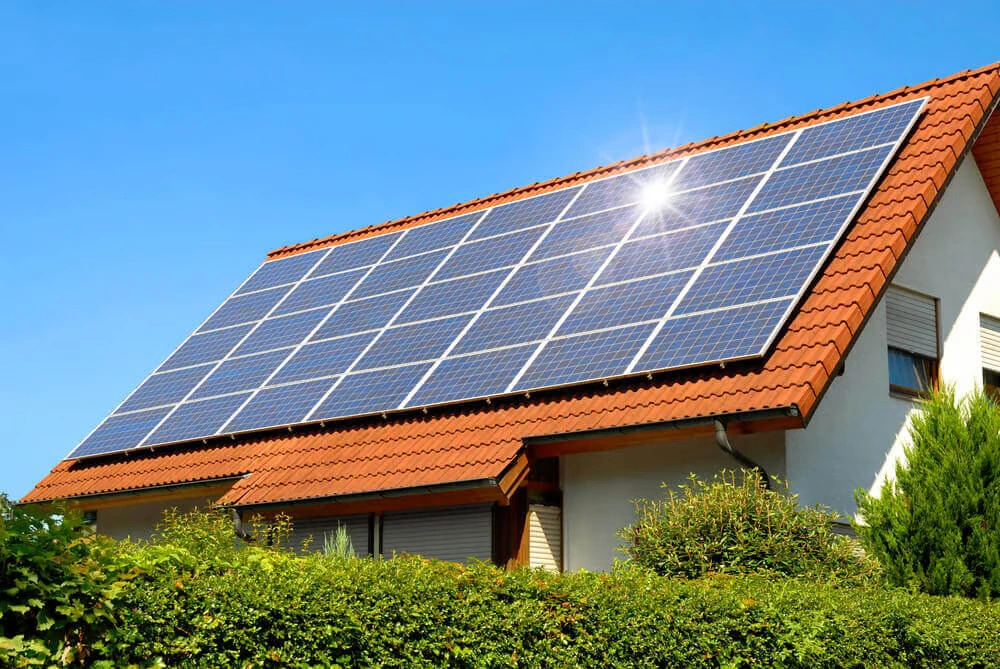What Are Solar Panels?
Solar panels are systems that convert sunlight into usable electricity. They operate using photovoltaic cells that capture sunlight and transform it into energy. Advances in technology have made solar panels more efficient and affordable than ever before. Installing solar panels can significantly reduce electricity bills while providing energy independence. Additionally, solar energy is clean and environmentally friendly, producing no harmful emissions.
What Is Traditional Energy?
Traditional energy comes from sources such as fossil fuels, coal, oil, and natural gas. These resources have powered the world for decades and remain the foundation of most energy systems. While traditional energy provides a stable and continuous supply, its extraction and consumption generate carbon emissions and environmental pollution. Costs can fluctuate depending on market conditions, and the reliance on finite resources poses long-term challenges.
Key Differences Between Solar Panels and Traditional Energy
The primary differences lie in sustainability, cost, and environmental impact. Solar panels use an inexhaustible resource—the sun—and provide free energy once installed. Traditional energy relies on finite resources with ongoing costs. Solar energy produces no pollution and reduces carbon emissions, while traditional energy contributes to climate change. Although solar panels require a higher initial investment, the long-term savings and increased property value often outweigh the upfront cost.
Advantages and Disadvantages of Solar Panels
Solar panels offer multiple benefits, including lower electricity bills, energy independence, minimal maintenance, and a reduced environmental footprint. After installation, solar energy is effectively free. The main drawback is the initial investment, and efficiency can vary based on geographic location and sunlight exposure. Despite these factors, modern solar technology can perform well even in areas with moderate sunlight.
Advantages and Disadvantages of Traditional Energy
Traditional energy provides a reliable and constant supply, available regardless of weather conditions. It requires little upfront investment compared to solar panels. However, reliance on fossil fuels leads to variable costs, environmental pollution, and increased carbon emissions. Over time, these factors make traditional energy less sustainable and more expensive in the long term.
Which Option Is the Best Choice for the Future?
Choosing between solar panels and traditional energy depends on individual priorities. For those seeking long-term cost savings, environmental sustainability, and energy independence, solar panels are the clear choice. For individuals prioritizing convenience and low initial costs, traditional energy remains accessible. However, global energy trends show a clear shift toward renewable sources, making solar energy a smart and forward-thinking investment.
Conclusion
Solar panels provide a modern, cost-effective, and eco-friendly alternative to traditional energy. While traditional energy offers stability, it comes with environmental consequences and potential long-term cost increases. Transitioning to solar energy is a strategic choice for those looking to reduce expenses, lower their carbon footprint, and embrace a sustainable future. Ultimately, solar energy emerges as the best choice for a cleaner, more independent, and long-term energy solution.
